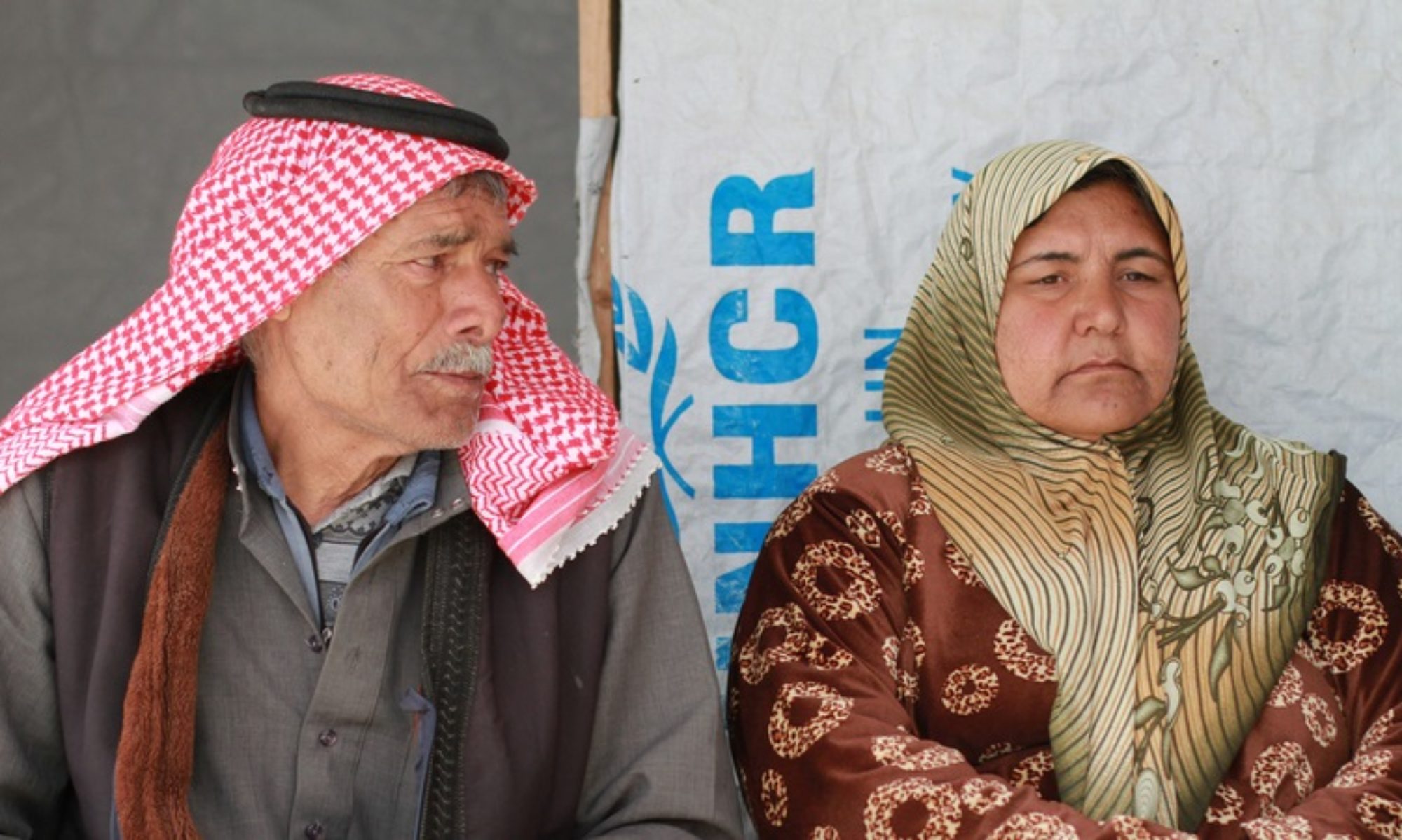At the height of the 1982-1985 famine in Ethiopia, a cruel joke was often heard in Spain. A particular European religious leader visits a refugee camp, and seeing a desperate mother holding an emaciated baby, he asks her: What’s wrong with him? Lowering her gaze, she answers, in a barely audible voice: He does not eat! The leader shakes his head, looks reproachingly at the baby and goes, gently pinching his cheek: But you must eat!
Granted, this is a pretty bad one -but mind you, it is not exactly a joke. A message to mothers to prioritize breastfeeding, entirely void of context, featured highly on key messages by an UN agency during the 2011 drought in the Horn of Africa. Since the inception of the current protection coordination system, and in particular during emergencies, Protection clusters or sectors regularly produce short, public “key messages” or “protection messages” of highly general context and with limited analysis of causes or culprits of protection problems. They are also in most cases addressed generally to “communities”, or to “government authorities”.
Continue reading “Humanitarian protection: the glut of “protection messages” as a sign of a wider unease”
